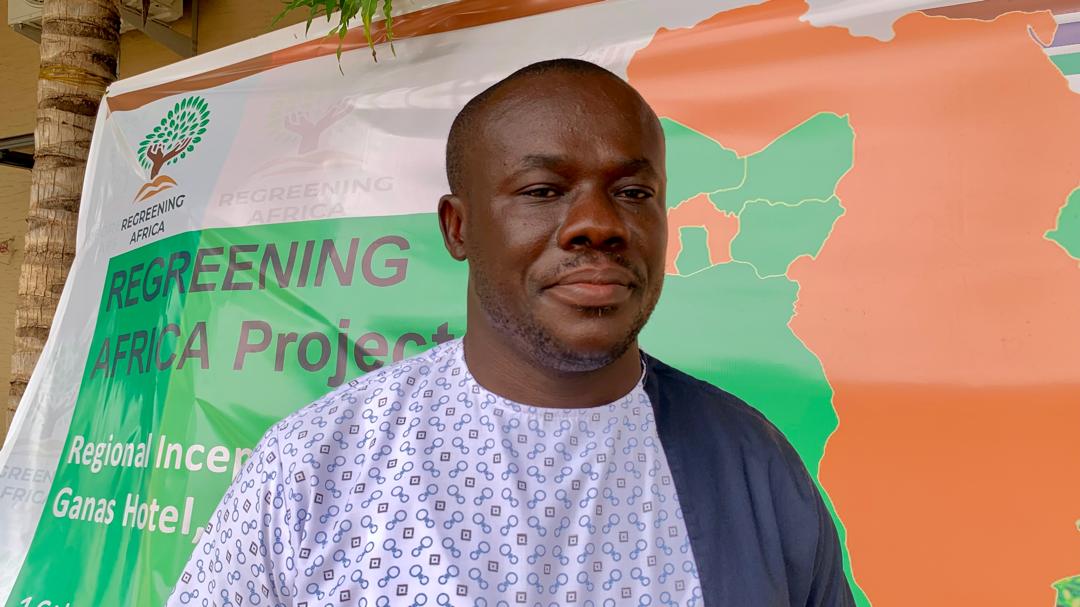The second phase of the Regreening Africa Project has officially been launched in Bolgatanga to help restore degraded lands and strengthen food security in northern Ghana. The project is being implemented by World Vision Ghana in partnership with Catholic Relief Services (CRS), with overall coordination by CIFOR-ICRAF, and is funded by the European Union with €2 million.
It is being rolled out in the Garu, Tempane, Binduri, and Bawku West districts in the Upper East Region, and in Mion and Yendi districts in the Northern Region. Speaking at an inception workshop that brought together stakeholders from district assemblies, MoFA, the Forestry Commission, and the Fire Service, Project Manager of the Regreening Africa Project II at World Vision Ghana, Richard Appoh, explained that the project builds on the successes of its first phase.
“This second phase is all about scaling up,” he said. “Our entry point is Farmer Managed Natural Regeneration (FMNR). Instead of just planting seedlings that may not survive the harsh climate, we prune and protect naturally existing stumps and seedlings to grow into full trees. In phase one, we were able to put about 50 hectares under regreening and introduced some 40,000 households into the practice. Now, with phase two, we want to reach more households and strengthen livelihoods around tree-based value chains like shea, baobab, and dawadawa.”

Mr. Appoh stressed that beyond tree management, the project would focus on fire prevention training and sustainable livelihood initiatives. “We know people will not protect trees if they don’t see how it links to their survival. That is why we are also introducing activities like beekeeping and value chain development for tree crops to improve incomes.”
The four-year project, which runs from 2024 to 2028, aims not only to regreen degraded lands but also to empower communities to take charge of their environment and livelihoods. The Project Manager indicated that the ultimate goal of the project is that “we want communities to embrace these practices so that even when the project ends, they will continue to regreen their landscapes and build resilience against climate change.”
On his part, the Upper East Regional Director of Agriculture, Alhaji Zakaria Fuseini, welcomed the project as timely in the fight against climate change.
“Agriculture is already struggling under climate change, and the Upper East Region is among the worst hit,” he said. “Our predecessors farmed without fertilizers because the natural vegetation was intact, but today we suffer from degraded lands and poor soils. That is why Regreening Africa is very laudable. It is restoring opportunities for us to farm better and feed our people. With phase two, I believe more farmers will be educated and empowered to increase productivity.”
The Deputy Regional Forestry Manager, Mark Aidoo Gyamfi, also noted the importance of community ownership in sustaining the initiative.
“Over the years, almost all our 28 forest reserves in the Upper East have been degraded due to human activities—bushfires, grazing, and illegal cutting,” he said. “When we plant trees, survival rates are often low. That is why this project is important; it introduces new ideas for managing trees outside forest reserves and protecting them. But we must win the people to our side. If communities understand the need to protect the trees, half of the battle is won.”
A1Radioonline.com|101.1Mhz|Joshua Asaah|Bolgatanga


